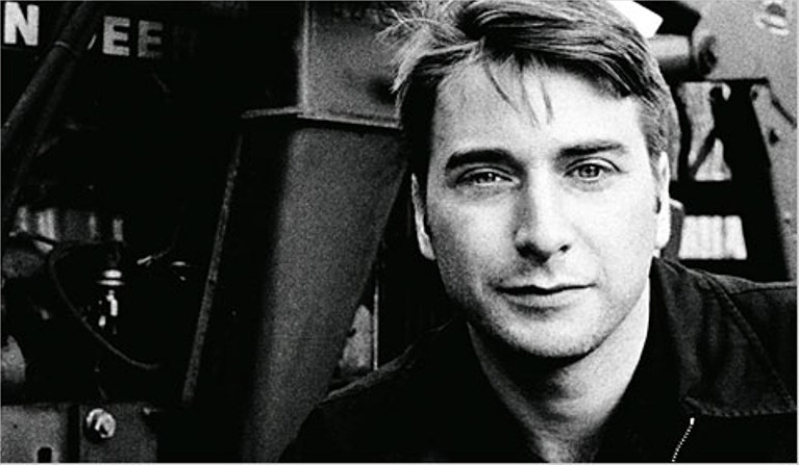
The Smithsonian Institute's first curator of religion in more than a century is the son of a priest and a nun. Peter Manseau is a scholar who is trying to remind Americans of the nation's diverse religious history, including the messy and splendor infusions. "You can't tell the story of America," he said, "without the role of religion in it."
The Smithsonian was created as the nation's museum by an act of Congress in 1846.
As author of "One Nation Under Gods: A New American History," Manseau received his doctorate in religion from Georgetown University. He is curating an exhibit on America's diverse religious past for the Smithsonian Institution's National Museum of American History, and is collecting important religious objects to add to the museum's expansive holdings, according to The Washington Post. In this new position, underwritten by a $5 million grant from the nonprofit Lilly Endowment, he'll lead a five-year series of events and exhibitions.
Manseau shares the items he will place on display in his first exhibit as a church bell crafted by Paul Revere; a Bible carefully cut out by Thomas Jefferson of all the parts about God he could not believe; a Torah scroll damaged during the Revolution; parts of the Book of Mormon, on display for the first time outside of a Mormon institution.
"It's the first time in generations that we look at religion in a holistic, comprehensive way," Manseau told The Post. "It's taking a very broad view of religion in America, including and welcoming to all, without any obstacles."
He said other items to be displayed include a bottle of patent medicine sold by Shakers in the early 19th century to support their fledgling religious community; sticks for playing a Native American sport, which originated as a religious ritual before it became the game known as lacrosse; and the compass Roger Williams used to navigate his way to Rhode Island, the state he founded when he was exiled from Massachusetts for religious heresies.
Manseau said he hopes all the items will resonate with visitors who currently hear a lot about the religious freedom that America's founders intended. "Religion in America has always been complex and diverse, and it's always been a relationship between different communities," he said. "We can learn a lot about how we can make it through this moment by looking at moments in our history."
Manseau has been studying and writing about America's religious landscape throughout his career. He was born a Catholic, but now sometimes attends services at a Presbyterian church.
"I would like visitors to feel that no matter what they believe or don't believe, these stories of religion in the nation's history are part of their history as Americans," said the new religion curator.






